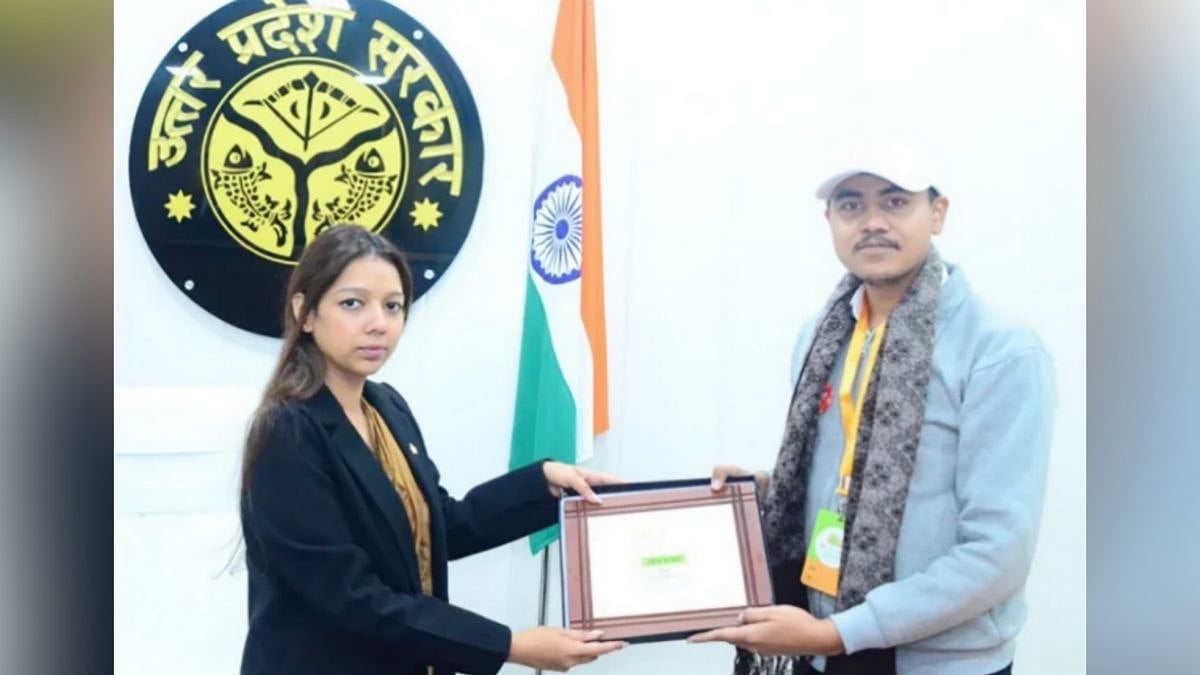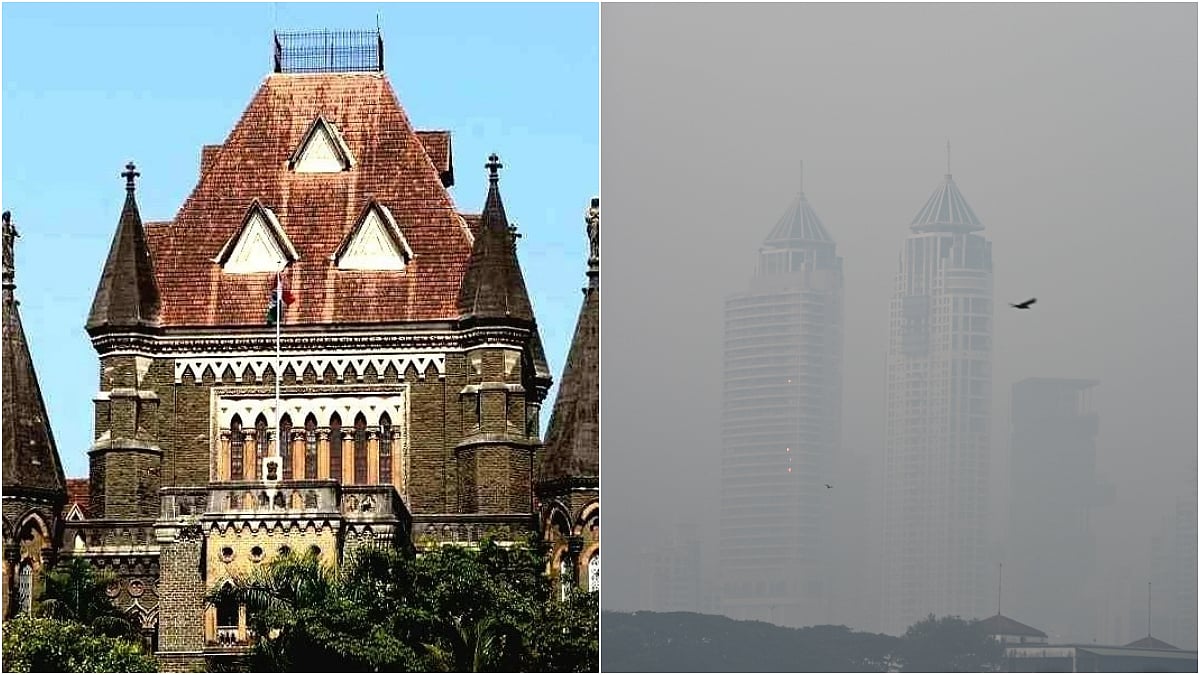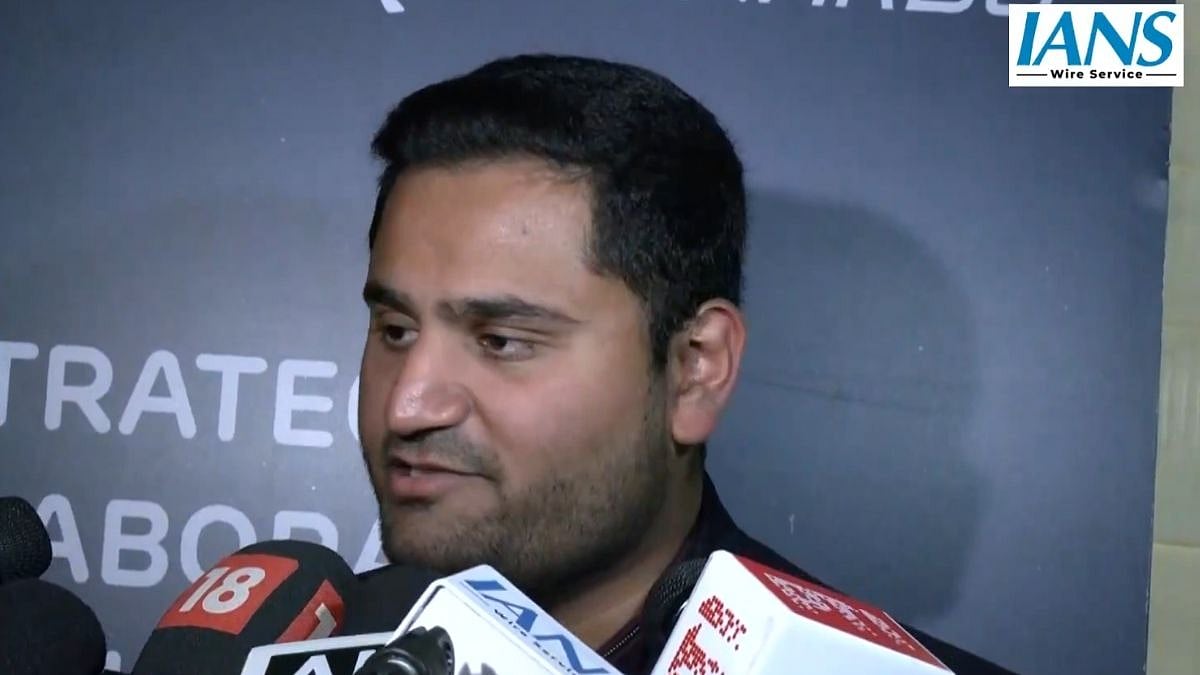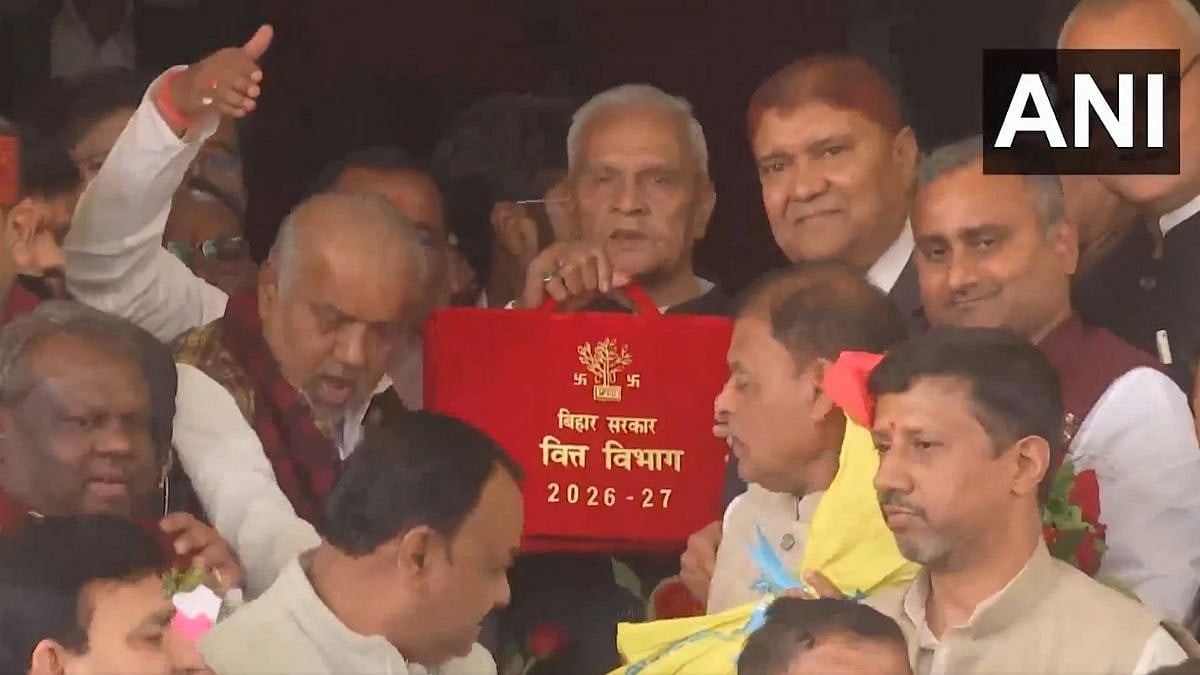While there is no doubt about the fact that India’s insurance sector has been growing steadily in recent years, when benchmarked against the global insurance market, the penetration ratio remains abysmally low. In 2000, the government allowed foreign direct investment (FDI) in the insurance sector. This was initially capped at 26 percent (2000), then revised to 49 percent (2015), and currently stands at 74 percent.
While the primary reason behind increased liberalisation of the sector was to increase penetration, growth has been far from ideal. And that’s because India’s rural market has largely lain untapped.
For insurance to penetrate further into India, tapping the rural market is non-negotiable, and two broad factors make a case for this. Firstly, more than 70 percent of India’s population (1 billion) live in rural areas, a huge market which for the most part has been unexploited.
Secondly, the purchasing power of the rural population has grown significantly in recent years, leading to increased incomes and asset acquisition, each of which require the protection of insurance. Moreover, the majority of the population in rural areas works in the unorganised sector, which lacks stability. Several reports estimate that over 400 million workers may get pushed into poverty because of the pandemic, making insurance in this scenario extremely crucial.
However, with such low penetration, the concept of insurance and its understanding is almost foreign to much of the rural population. Therefore, the insurance industry has to tread carefully. In our opinion, the success of insurance in rural India will depend widely on the following factors:
Improved understanding of insurance and building of trust
Research shows that India is among the least insured countries in the world. As of 2019, the density of non-life (which includes health) insurance in the country was a mere 19 percent, and the biggest reason behind this was lack of trust.
For rural customers, with limited funds available, the safety of invested funds is naturally of paramount importance. To overcome this hurdle, insurers need to build trust and improve financial literacy to enhance insurance adoption in rural India.
One of the first steps towards this would be customisation of products. This would help in building trust because the agricultural sector is heavily dependent on variables like weather, policy changes and natural disasters, among others. Policies could factor in these unforeseen circumstances. And since the needs of rural customers are different from those of urban customers, customisation of products would definitely help in gaining their trust.
Secondly, a network of on-ground local agents as point-of-sale persons (PoSPs) can be onboarded. People who buy insurance policies would feel more comfortable exploring options with someone they know personally, instead of speaking over the phone to a stranger they may not fully trust. This will also help in creating awareness of the products that are available in the market.
Adaptation of technology
Today, India is a leading global player in mobile payments and consumer technologies. Therefore, there is a clear need to focus on digital distribution of insurance to improve the protection gap in rural areas. And creating more accessible technology-led models and products can fast-track insurance penetration in rural areas.
Insurance companies need to ensure accessibility and affordability, which can be achieved by adopting tech-savvy solutions. Policies like UPI and Aadhaar integration will hasten adaptation to these models and guarantee a whole new market for the insurance sector.
In mobile solutions lies the technology to make insurance products accessible through phones. Meanwhile, the management systems of insurance agencies can help insurance companies by streamlining processes and by providing quicker resolutions to claims and queries This, in turn, enables these companies to save significantly on costs by allowing them to provide affordable and quality products to the rural sector.
Availability of bite-sized insurance products
Insurance companies should concentrate on empowering India’s rural populace by offering simple and affordable insurance products at their doorstep. This can be achieved by making available bite-sized products that span motor, health, livestock, crop and life insurance.
The process involved here is largely digital and does not entail medical tests or proposal forms, while the overall documentation required for underwriting is minimal, making them ideal for targetting first-time buyers on digital platforms.
Currently, there are several insurers providing insurance products for low-income groups that are tailor-made (or, as per requirement). Insurers have either obtained licenses from IRDAI or have engaged in partnerships with traditional insurance companies to make the products available to the larger group.
(Anupam Shrey, Founder, Digisafe-Insurtech startup. Views are personal)








